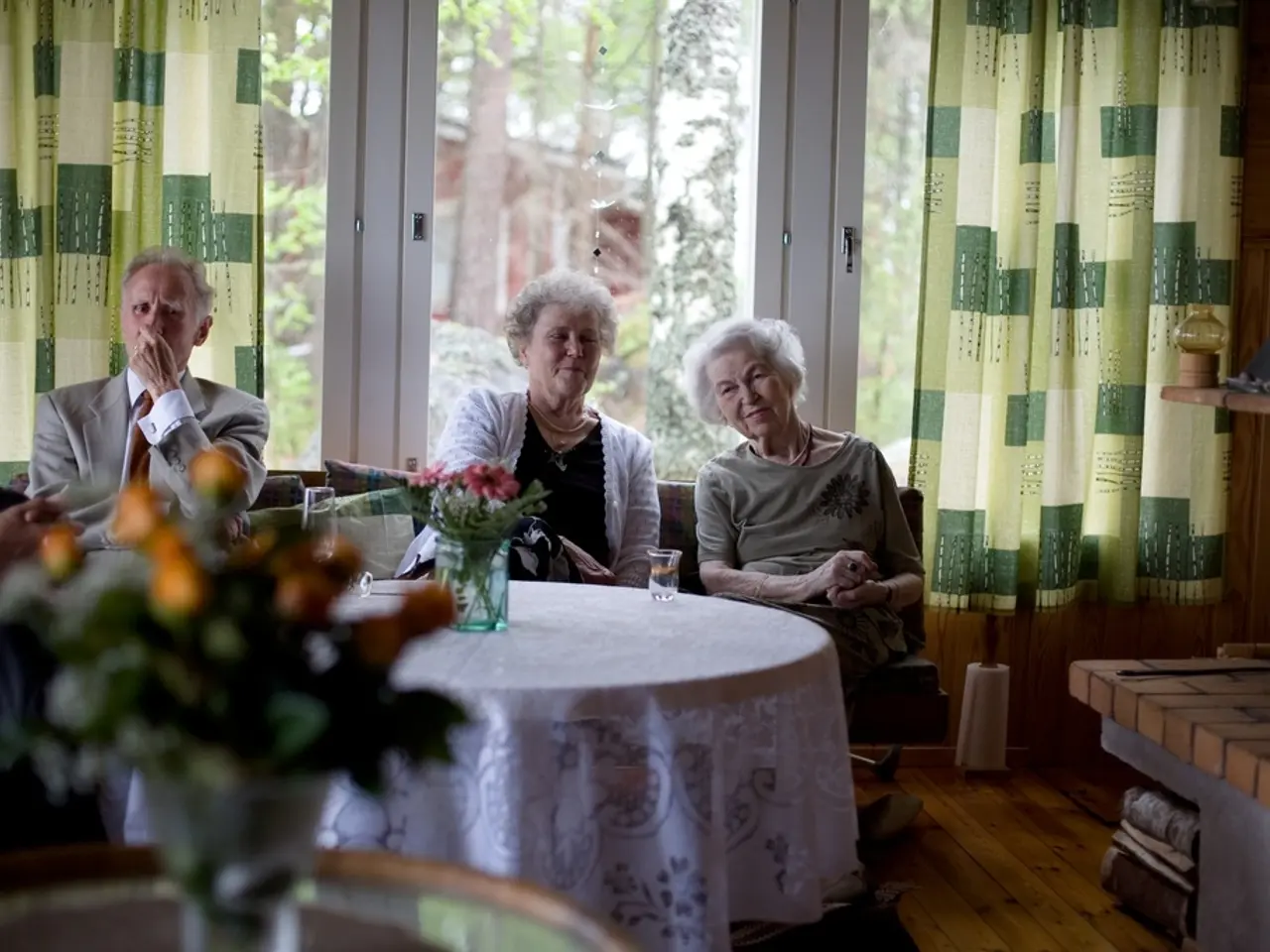Examining the Legal Aspects of Elder Care: Pivotal Factors and Perspectives
In the realm of elder care, litigation is a crucial avenue for addressing issues of abuse, neglect, and financial exploitation. These cases often unfold in nursing homes or assisted living facilities, where vulnerable elderly individuals require constant care and attention.
At the heart of many elder care litigation cases are instances of physical, emotional, or neglectful abuse. This can manifest in various ways, such as poor hygiene, improper medication administration, inadequate nutrition, and lack of proper medical care due to inexperienced or overworked caregivers.
Another significant factor is financial abuse. Caregivers or facility staff may engage in activities like stealing money or valuables, overcharging residents, or fraudulently accessing Social Security benefits.
Staffing problems and caregiver stress also play a role in elder care litigation. Facilities with insufficient or inexperienced staff often struggle to meet residents’ needs, leading to inadvertent neglect or intentional abuse due to caregiver burnout or poor working conditions.
Environmental and social risk factors also contribute to the problem. Social isolation of the elder and dependence on a single caregiver with personal or mental health issues increase the risk of abuse or neglect.
Probate and estate disputes can also lead to elder care litigation. In some cases, unclear wills or estate plans can lead to litigation among heirs or related parties.
To prevent such situations, several strategies are effective. Maintaining adequate staffing and hiring experienced caregivers ensures proper training and sufficient numbers to meet residents' needs and prevent neglect. Monitoring financial activities helps families and facilities watch for signs of financial exploitation. Supporting caregivers through resources to reduce stress and address mental health or substance abuse issues also helps minimize abuse risk.
Clear communication and regular updates between families, care staff, and legal counsel can avoid misunderstandings related to care or estate issues, which can lead to disputes. Implementing community awareness and protective networks, educating communities to recognize warning signs and promote protective intervention, is another preventative measure.
Engaging elder law or probate attorneys early for estate planning and considering mediation to resolve disputes before litigation ensues are proactive legal planning strategies.
Effective evidence in elder care litigation cases can include documentation, witness testimonies, and physical evidence to substantiate claims of neglect, abuse, or financial exploitation. Photographic evidence or video recordings can serve as powerful tools, illustrating instances of neglect or abuse and reinforcing other forms of evidence presented in court.
Outcomes of elder care litigation can include financial compensation, institutional changes, and increased awareness of elder rights within care facilities. By addressing these issues, we strive to ensure the safety, dignity, and well-being of our elderly population.
[1] National Center on Elder Abuse (NCEA). (n.d.). Abuse, Neglect, and Exploitation. Retrieved from http://www.ncea.acl.gov/Pubs/NCEA-2011-2026.pdf
[2] National Academy on an Aging Society. (2012). Elder Mistreatment: Abuse, Neglect, and Exploitation in an Aging America. Retrieved from https://www.nationalacademies.org/our-work/elder-mistreatment-abuse-neglect-and-exploitation-in-an-aging-america/reports/2012/elder-mistreatment-abuse-neglect-and-exploitation-in-an-aging-america
[4] American Bar Association. (n.d.). Elder Law Issues. Retrieved from https://www.americanbar.org/groups/law_aging/resources/elder_law_issues/
[1] Identifying the importance of addressing mental health in healthcare providers, a study published in the Journal of General Internal Medicine suggests that integrating mental health screenings into routine care for older adults can help detect and address issues early, potentially reducing the risk of escalation to litigation.
[2] Embracing the transformative power of technology in health-and-wellness, the American Psychological Association hosts an annual conference featuring seminars on artificial intelligence and virtual reality applications in promoting mental health interventions and treatments, particularly for the elder population, striving to advance their quality of life beyond current litigation processes.




